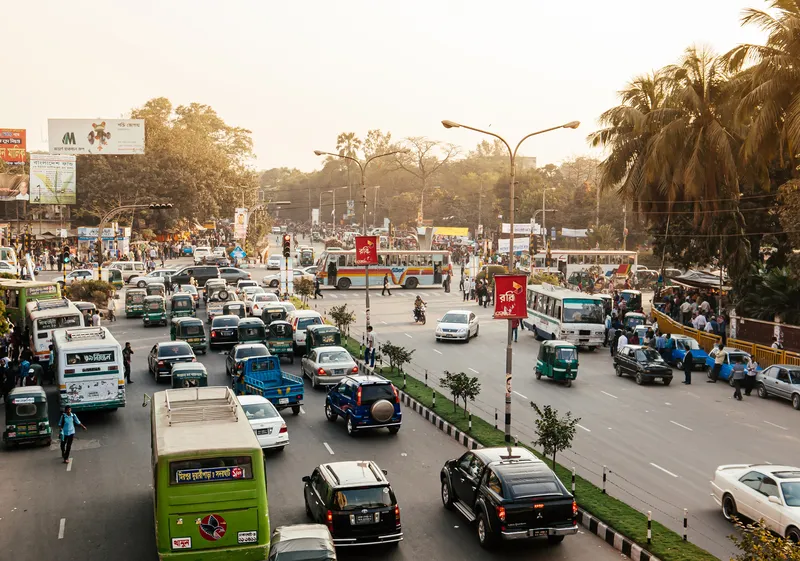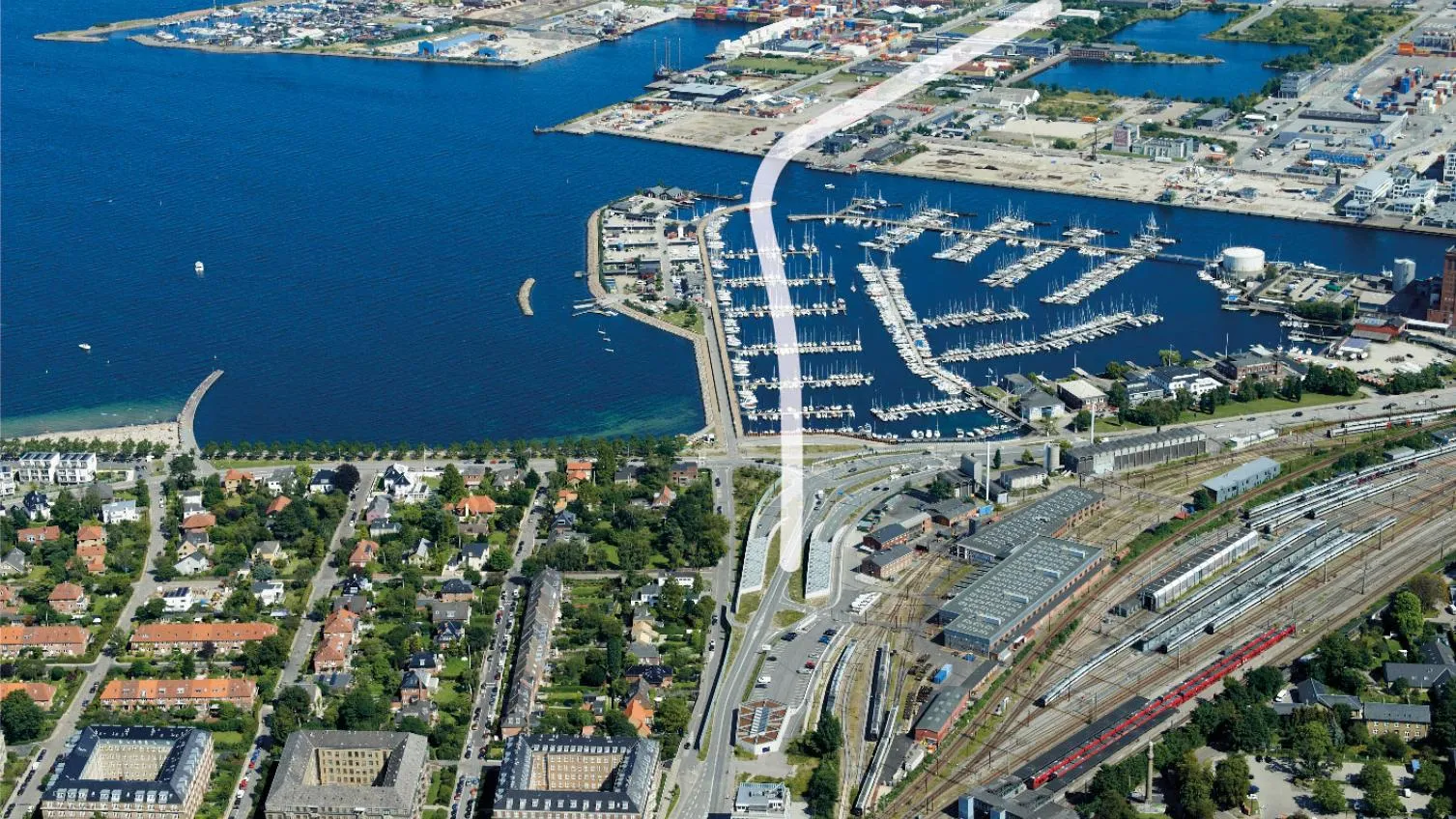A series of key highway projects will help transform India’s internal links as well as its connections to neighbouring nations. A new US$1.2 billion highway in India running through Ahmedabad-Udaipur-Kishangarh through the states of Gujarat and Rajasthan is attracting strong interest. So far 11 bids have been made including offers from a consortium comprising Belford-GVK, Soma-Isolux, Vince-Hindustan Construction, IRB Infrastructure (IRB)-Reliance Infra and Plus-Nagarjuna Construction. Other bidders include
April 17, 2012
Read time: 3 mins
RSSA series of key highway projects will help transform India’s internal links as well as its connections to neighbouring nations. A new US$1.2 billion highway in India running through Ahmedabad-Udaipur-Kishangarh through the states of Gujarat and Rajasthan is attracting strong interest. So far 11 bids have been made including offers from a consortium comprising Belford-4986 GVK, Soma-0 Isolux, Vince-4987 Hindustan Construction, 1866 IRB Infrastructure (IRB)-Reliance Infra and Plus-Nagarjuna Construction (4988 NCC). Other bidders include 4976 IJM of Malaysia, West Indies-based 4989 First Pacific, 4977 Leighton of Australia and local firm 4978 GMR, 4979 Tata Infrastructure and 0 Larsen & Toubro (L&T). This is the biggest toll road project of its kind in India and will stretch some 555km.
Also in Rajasthan, a concession deal to develop a highway between Pindwara and Beawar has been sealed between L&T BPP Tollway and National Highways Authority India (NHAI). The 244km section of highway will be widened with two lanes in either direction in a contract worth around $580 million. The work will be carried out under the Build Operate Transfer (BOT) Design Build Finance and Operate model. It is set to complete in 30 months. L&T BPP Tollway is a L&T Infrastructure Development Projects-incorporated special purpose vehicle.
A key road deal will improve cross-border links between India and Myanmar. The new link will connect Tiddim in Myanmar’s Chin State with Rhi in India’s Mizoram State. Indian infrastructure firm4990 Ircon will carry out the $60 million Rhi-Tiddim project, which will stretch 80km and is due for completion by December 2014. The Public Works Departments of Myanmar and Ircon will work together to maintain the road once it is open to traffic. The road construction is expected to boost border trade, and is the second such project, with a previous link having been built to connect Tamu with Kalemyo and Kalewa. And in the Indian state of Karnataka, an innovative Bus Rapid Transit System (BRTS) has been agreed for Bangalore, Hubli-Dharwad and Mysore. This last deal has been approved by the State Cabinet and will be a dedicated track for buses. In Bangalore, the BRTS will connect the Silk Board-Hebbal junction. The cost of the 30km road is $122.3 million. In the cities of Hubli and Dharwad, the Cabinet has not yet undertaken a detailed estimate, but in Mysore, the BRTS will be implemented in the city involving 160km.
Also in Rajasthan, a concession deal to develop a highway between Pindwara and Beawar has been sealed between L&T BPP Tollway and National Highways Authority India (NHAI). The 244km section of highway will be widened with two lanes in either direction in a contract worth around $580 million. The work will be carried out under the Build Operate Transfer (BOT) Design Build Finance and Operate model. It is set to complete in 30 months. L&T BPP Tollway is a L&T Infrastructure Development Projects-incorporated special purpose vehicle.
A key road deal will improve cross-border links between India and Myanmar. The new link will connect Tiddim in Myanmar’s Chin State with Rhi in India’s Mizoram State. Indian infrastructure firm










